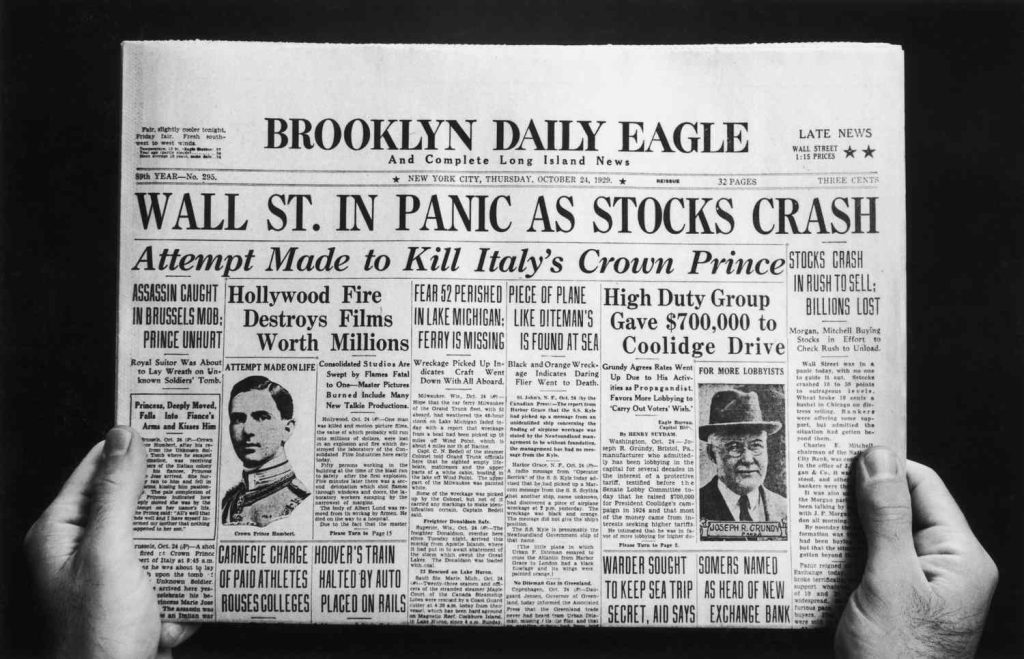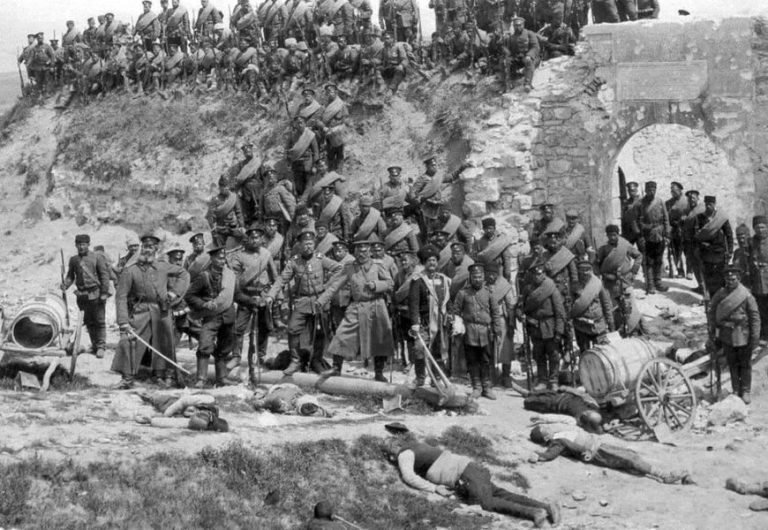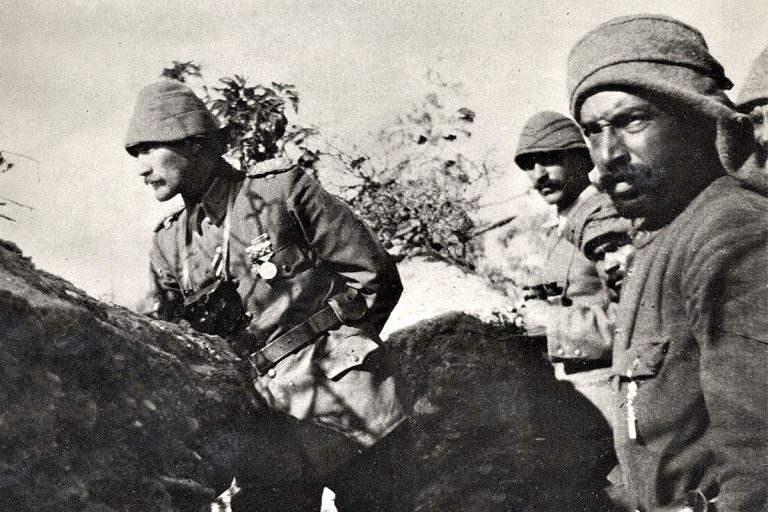
The Rise of the 1929 Economic Depression
The 1929 Economic Depression is one of the biggest economic crises in world history and is also known as the “Great Depression”. This crisis started with the crash of the New York Stock Exchange in the United States in 1929 and quickly affected the entire world.
The Depression came after the rapid economic growth in America in the late 1920s. During this period, people and companies invested heavily in the stock market. However, the values of stocks increased significantly compared to real economic growth and a “bubble” was formed. On October 24, 1929, known as “Black Thursday”, the stock market suddenly crashed. This situation caused panic, and people began to sell their stocks rapidly.
Banks also fell into trouble with the stock market crash. Many banks went bankrupt, people’s savings evaporated. Businesses closed, and millions of people became unemployed. This crisis, which started in America, quickly spread to Europe and other continents. Industrialized countries in particular were severely affected by the crisis.
Social and Political Consequences of the Crisis
The effects of the crisis went beyond the economic sphere and caused social and political problems. Rising unemployment rates increased the feeling of poverty and helplessness among the people. In some countries, governments had difficulty coping with the crisis, which led to the growth of radical political movements. For example, in Germany, the Nazi Party led by Adolf Hitler gained great support during this period.
The Economic Depression of 1929 caused trade between countries to come to a standstill. Most countries implemented protectionist policies and restricted imports. However, these policies made the crisis worse. In the United States, President Franklin D. Roosevelt tried to recover the economy with the “New Deal” program he started in 1933. This program aimed to alleviate the effects of the crisis with public investments and social aid.
The Great Depression ended towards the end of the 1930s. However, imbalances in the world economy were one of the long-term effects of the depression. This crisis showed that economic systems needed to be regulated more carefully and led to various reforms to make modern economies more resilient to crises.
The Economic Depression of 1929 is a significant turning point in understanding the social and political effects of economic instability. It is full of unforgettable lessons for both individuals and countries.

References : Britannica – Great Depression
https://www.teenvogue.com/story/great-recession-what-happened-aftermath-trump?utm_source=chatgpt.com
And ChatGPT

